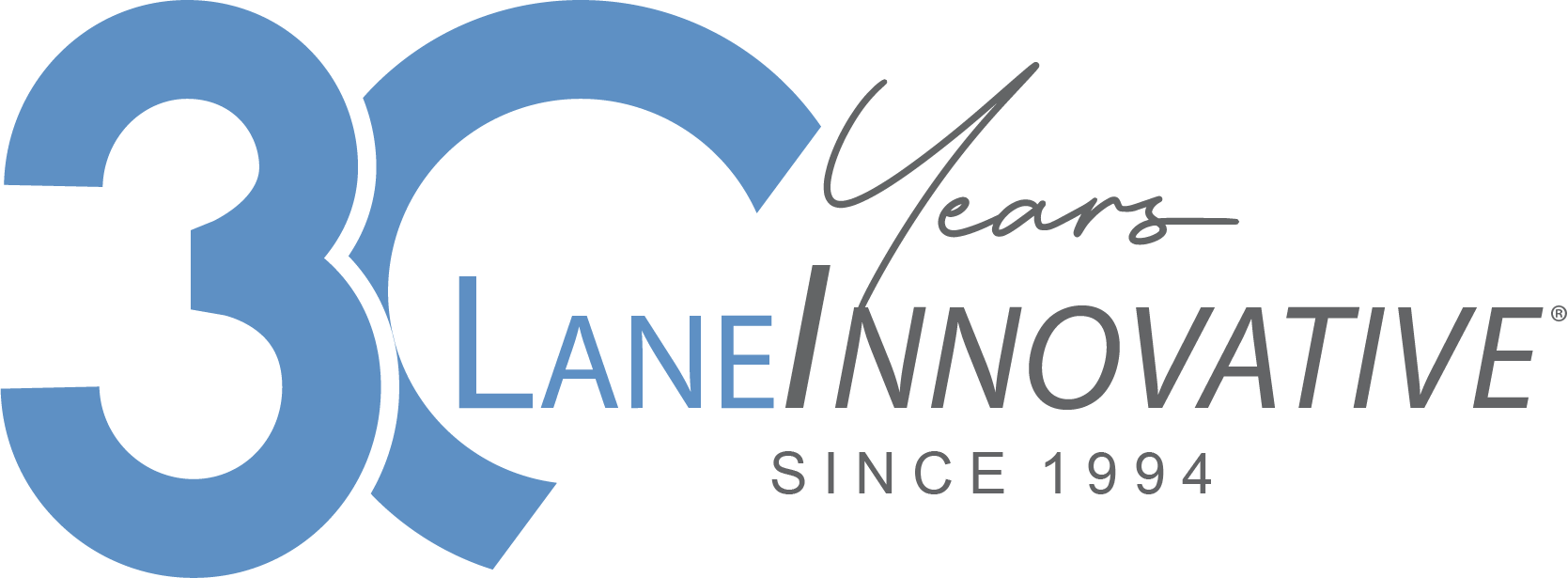Colon cleanses have existed since the times of the Ancient Egyptians, Ancient Greeks, and Ancient Romans. In the 19th Century and early 20th Century, the theory of autointoxication prevailed. Older theories about the colon have been discredited. Some types of colon cleanses may do more harm than others. Any type of colon cleanses may be unhealthy if used too frequently. Exercise caution if you decide to pursue colon cleanses.
History of Colon Cleanses
The Ancient Egyptians believed that stool contains toxins. The Ancient Greeks took this idea and incorporated into their theory of humors. For thousands of years, physicians thought that diseases were caused by an imbalance of humors in the body. The Ancient Greeks and Ancient Romans induced vomiting and diarrhea, because they thought it would rebalance the amount of black bile in the body. Their theories about curing diseases by rebalancing the humors were popular among European medical practitioners for over a millennium. American doctors followed the European example.
During the 18th Century, theories from the Vienna school were cited to justify colon cleanses. In the 19th Century, the theory of autointoxication gained acceptance by the medical community. This theory said that the decomposition of proteins in the colon created toxins that entered the body and caused disease. At the end of the 19th Century and start of the 20th Century, doctors were giving oral colon cleansers and colonic hydrotherapy to patients for a wide variety of disease.
A 1906 article by W. A. Briggs exemplifies the attitude of that time. In it, Briggs says, “The physiological and the pathologic problems of digestion and of the digestive tract are obviously fundamental. Not only are they fundamental, but both from a theoretical and from a practical view-point, they are anthropologically universal. They implicate every tissue and every function- nay, more, the very destiny of nations. Many a philosophy is tinged with the black bile, and many a world policy is implacably determined by the colon bacillus.” While the microorganisms in the colon played a major role in diseases before indoor plumbing became common, they are not as important in modern times. The Progressive Era enthusiasm for colon cleanses is not justifiable given the data.
Colon Cleanses Today
Today, healthcare providers know that colon cleanses are not a panacea and that colon cleanses have some risks. In 2007, the American Cancer Society advised against believing that colonics could treat cancer or any other disease. Colonic hydrotherapy possibly can be related to tears in the colon, bacterial infections, fluid overload, and electrolyte imbalance. Even oral colon cleanses have risks. These risks are higher if a person undergoes colon cleansing more frequently.
| People | Suspected Disease Causing Agent |
| Ancient Egyptians | Materia Peccans |
| Ancient Greeks | Black Bile |
| Ancient Romans | Black Bile |
| Medieval Europeans | Black Bile |
| Progressive Era Europeans and Americans | Autointoxication |
Historic benefits about colon cleanses have been challenged, and in some cases disproven, over the past several decades. Colon cleanses are not cure-alls and they should not be used too frequently. If you decide on doing so, be certain to choose one of the milder colon cleanses. One example would be H2Go.
References:
- Intestinal Autointoxication: A Medical Leitmotif. Journal of Clinical Gastroenterology
http://www.ncbi.nlm.nih.gov/pubmed/2668399 - Researchers Urge Caution, Greater Scrutiny of Colon Related CAM Treatments. NCI Cancer Bulletin
National Cancer Institute
http://www.cancer.gov/ncicancerbulletin/031009/page7 - Gastroenteric Autointoxication. Western Journal of Medicine
http://www.ncbi.nlm.nih.gov/pmc/articles/PMC1651341/?page=1 - A Historical Review of Psychiatric Treatment. Psychosomatic Medicine
http://www.psychosomaticmedicine.org/cgi/reprint/3/3/286.pdf



